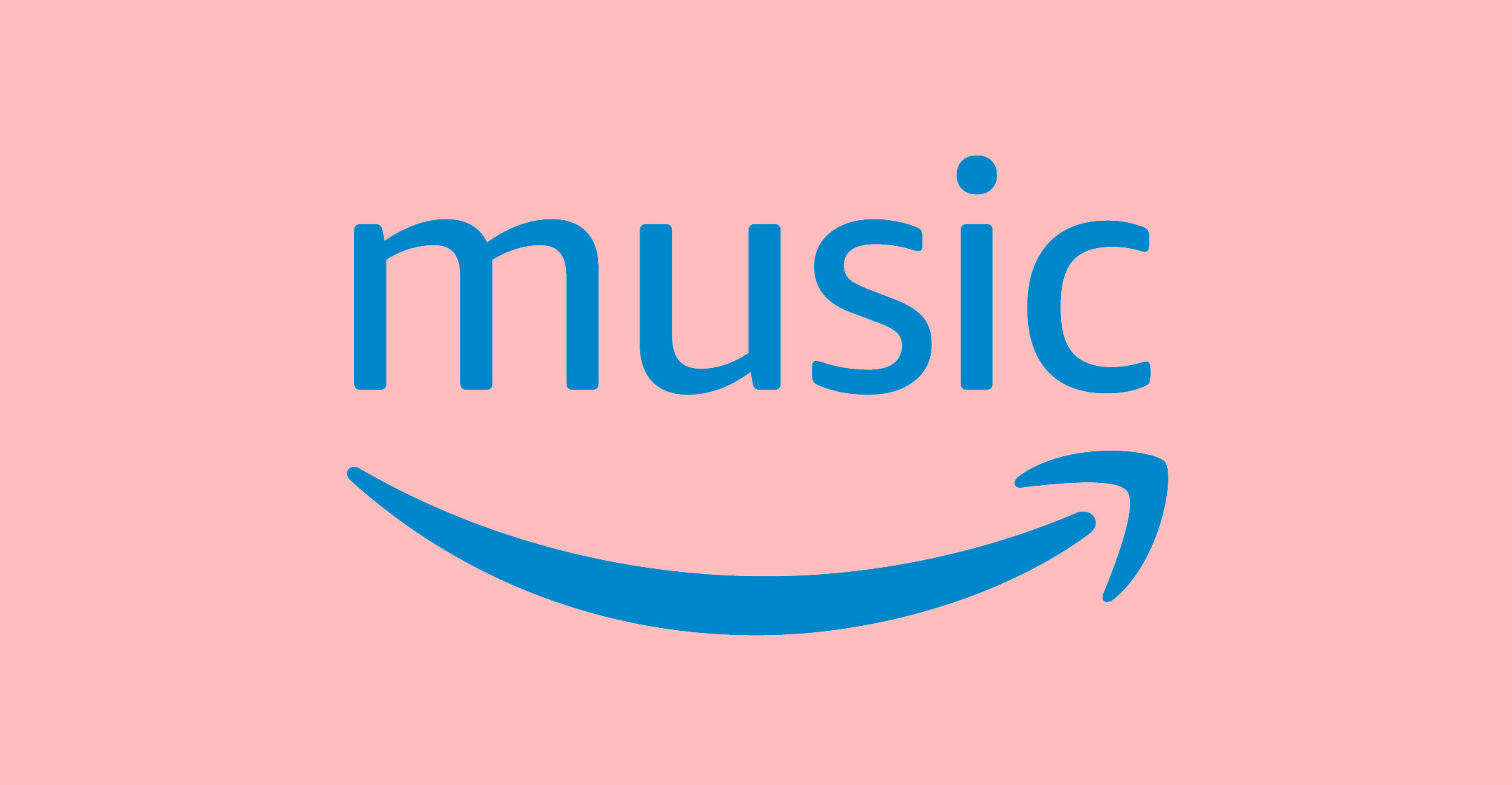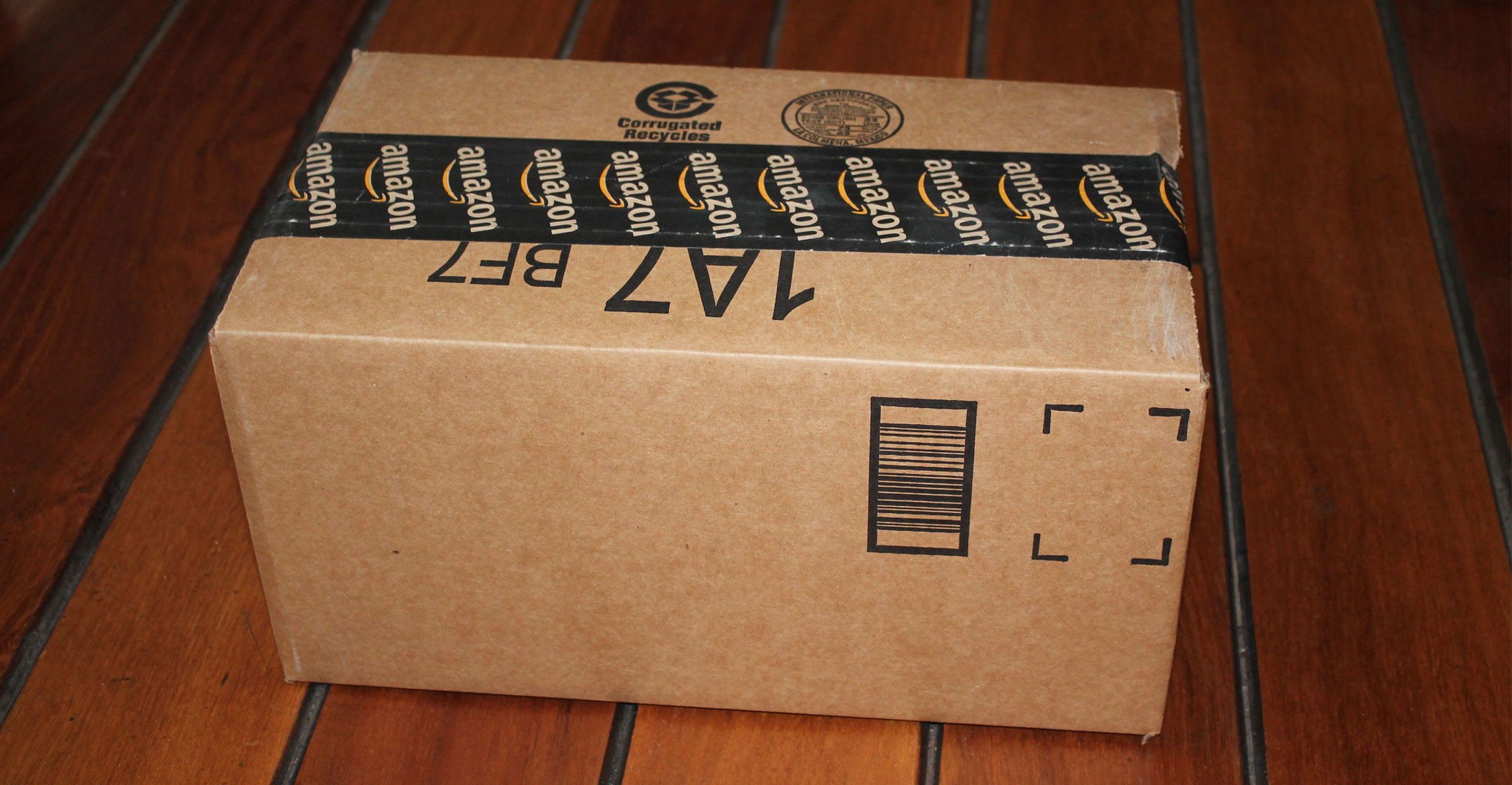
We know Amazon.com has become a virtual mega-mall for shopping, a creator of gadgets for our daily commutes and our homes and a mover-and-shaker in entertainment. Less well known is how quickly the online retailer has become a force in digital music.
A little over a year after Amazon started to offer people access to web-streaming songs for a monthly fee, the company is the world’s third largest digital music service by subscribers behind Spotify and Apple Music, according to Midia Research’s Mark Mulligan, a music industry analyst. He also estimates that weekly listening on Amazon’s music service is second highest among the paid music services, behind Spotify and ahead of Apple Music.
It’s a remarkable rise for a newcomer, and Amazon last week expanded availability of its music service into 28 new countries (South Africa is not among them). Its music service shows how quickly Amazon can make an impact in a new area both by winning over customers and successfully courting entrenched industry power brokers. That may be scary to executives involved in groceries, healthcare, clothing retail and the myriad other business areas in which Amazon has shown an interest.
Amazon was far from the first company to offer an all-you-can-listen buffet of songs online, but the company hit the market last year with unique twists. Amazon found clever ways to break below what has been a standard US$10 monthly price for most digital music subscriptions, and it sought to convert its massive pool of shoppers into Amazon digital music fans.
Members of Amazon’s Prime shopping club for several years have been able to listen to a couple of million songs for no additional cost. Amazon spiffed up the music hangout for Prime members, and the company added an “unlimited” option with a bigger catalogue of songs and more features starting at $8/month for Prime members or $10 for everyone else. For $4/month, Prime members can still subscribe and listen only on Amazon’s Echo voice-activated home speakers.
Amazon’s product segmentation gave it relatively low-cost options for the vast majority of Americans who had never paid for Spotify, Apple Music or other subscription services that let people play virtually any song on a whim. And Amazon leveraged the people shopping on its websites, or buying CDs or digital music downloads from Amazon, to try to hook them on streaming music as well.
Ultimate aims?
As with many of Amazon’s initiatives, the big question is: what are the company’s ultimate aims with its music service? Is the company hoping free or reduced-cost music will sweeten the benefits of becoming a Prime member, is it a lure to sell more Echo speakers, or is it a launchpad for Amazon to make a serious push into music events and ticketing as some would-be rivals believe?
Ryan Redington, director of Amazon Music, said the company is seeking to increase the appeal of Prime membership and Echo device ownership, and that Amazon wants its streaming music service to succeed on its own.
Prime includes a long list of goodies for members, and music may be less of a cost burden than the company’s Web video service that is also included among the membership benefits. Amazon is spending billions of dollars each year to create or license TV series and movies, and it needs to reveal more about how those entertainment offerings are financially worthwhile to the company.

Amazon for the most part isn’t splurging on exclusives in music as it has in digital video, but the costs still bear watching. Spotify tends to be unprofitable, in part because it has to hand over most of the revenue it makes to music labels and other music-rights owners, and it’s likely the big technology companies aren’t turning a profit on digital music, either.
Instead, companies including Apple and Google see music a loss leader to keep their customers engaged or steer them into profit-making areas.
Amazon’s traction with its paid music service shouldn’t be discounted, though, in an area where many have failed or struggled. Google’s YouTube is trying its third attempt at a paid music service, for example. And Amazon has managed so far to establish a strong rapport with many in the music industry, which has complicated feelings about the digital music services. In part, music executives are committed to supporting Amazon’s efforts to turn the voice-commanded software brains of the Echo and Amazon apps into a gateway to more music listening and purchases.
Amazon has done a remarkable job at creating a music service people seem to like and experimenting with novel ways to sell it. Amazon’s music project could turn sour at some point, but for now it sounds like a good tune. — Reported by Shira Ovide, (c) 2017 Bloomberg LP




